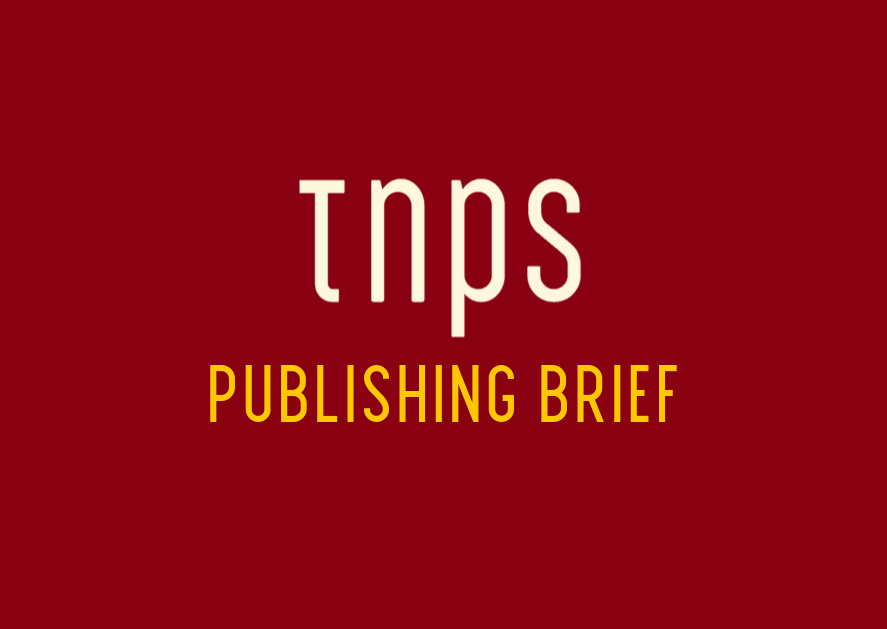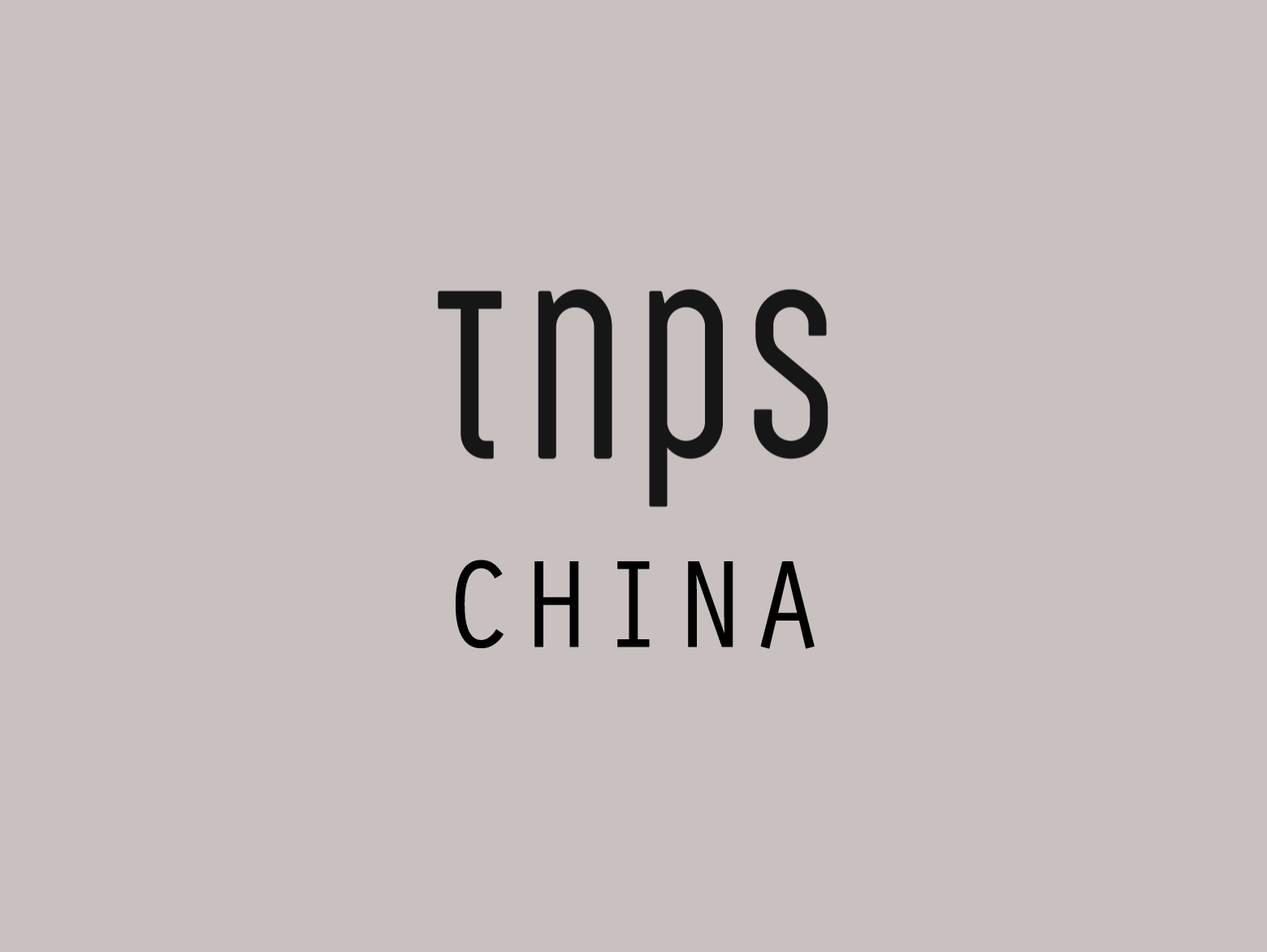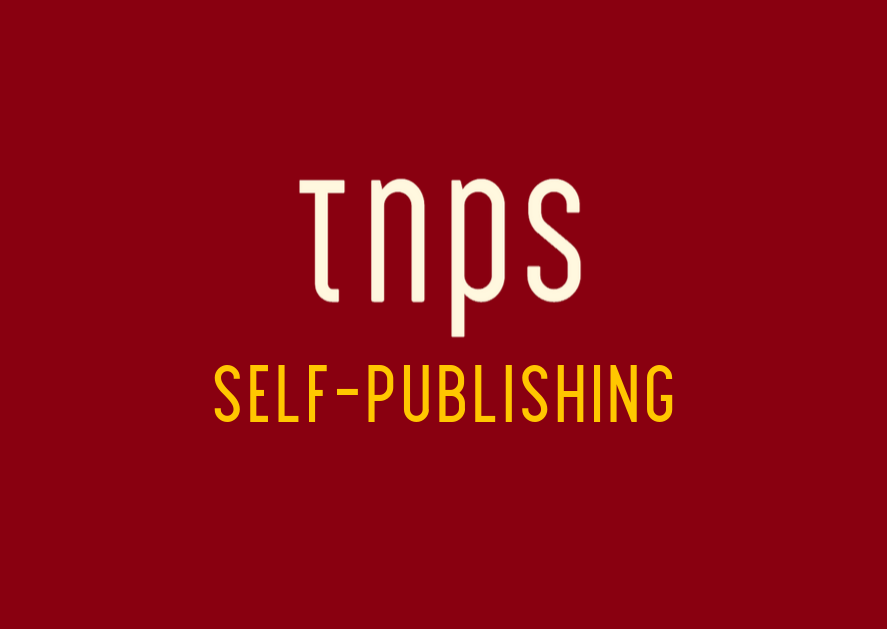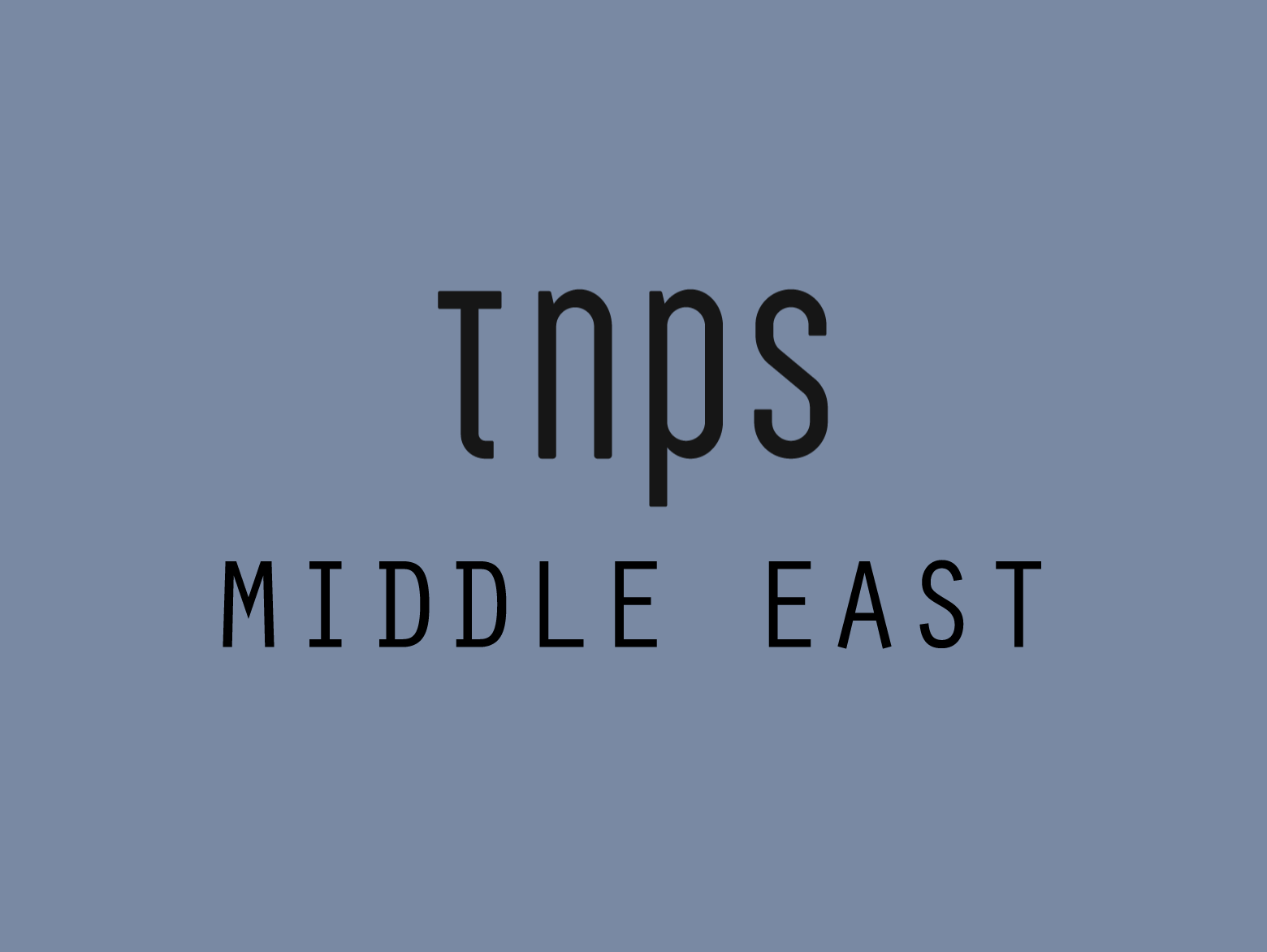At a time when many publisher representatives in the Middle East and South Asia are clinging to analogue models and talking down virtual events and digital reading, Qadiyani’s comments are refreshing, but it remains to be seen how much these comments reflect broader opinion within the Iranian publishing sector.
Iran’s first Tehran Virtual International Book Fair is winding down, and no word yet on the perceived effectiveness of the event, held online this year after the 2020 event was cancelled due to Covid-19 restrictions.
In the run up to the virtual event the Iranian online journal EghtesadOnline quoted Nader Qadiyani of the Tehran Publishers Union as calling for a shift to a digital focus for future book fairs.
Qadiyani explained that just one hundred publishers account for 75% of all books published in Iran, the remainder accounted for by over 1,000 smaller publishers in the country.
Arguing that over 1,000 publishers were interested in participating in the annual Tehran book fair, which typically attracts around 2 million visitors, Qadiyani said,
Costs associated with holding a book fair are estimated to stand at 500-600 billion rials [$2.1 million-$2.6 million] and overall sales are about 1,400 billion rials [$6 million], of which a fraction goes to publishers. All in all, Tehran International Book Fair is not economically viable.
Per the report Qadiyani posited that,
online exhibitions would save billions of rials and give rise to better results.

At a time when many publisher representatives in the Middle East and South Asia are clinging to analogue models and talking down virtual events and digital reading, Qadiyani’s comments are refreshing, but it remains to be seen how much these comments reflect broader opinion within the Iranian publishing sector.
Amid the pandemic there was little choice, apart from another cancellation, to hold the event virtually in 2021, but for the future we can fervently hope a hybrid model will prevail that will allow the millions who can attend to do so in person, while those who cannot attend, and publishers who cannot obtain a placement at the event itself, can participate virtually.
A virtual event also opens up wider global reach, that can only be beneficial to publishers in Iran as abroad.





